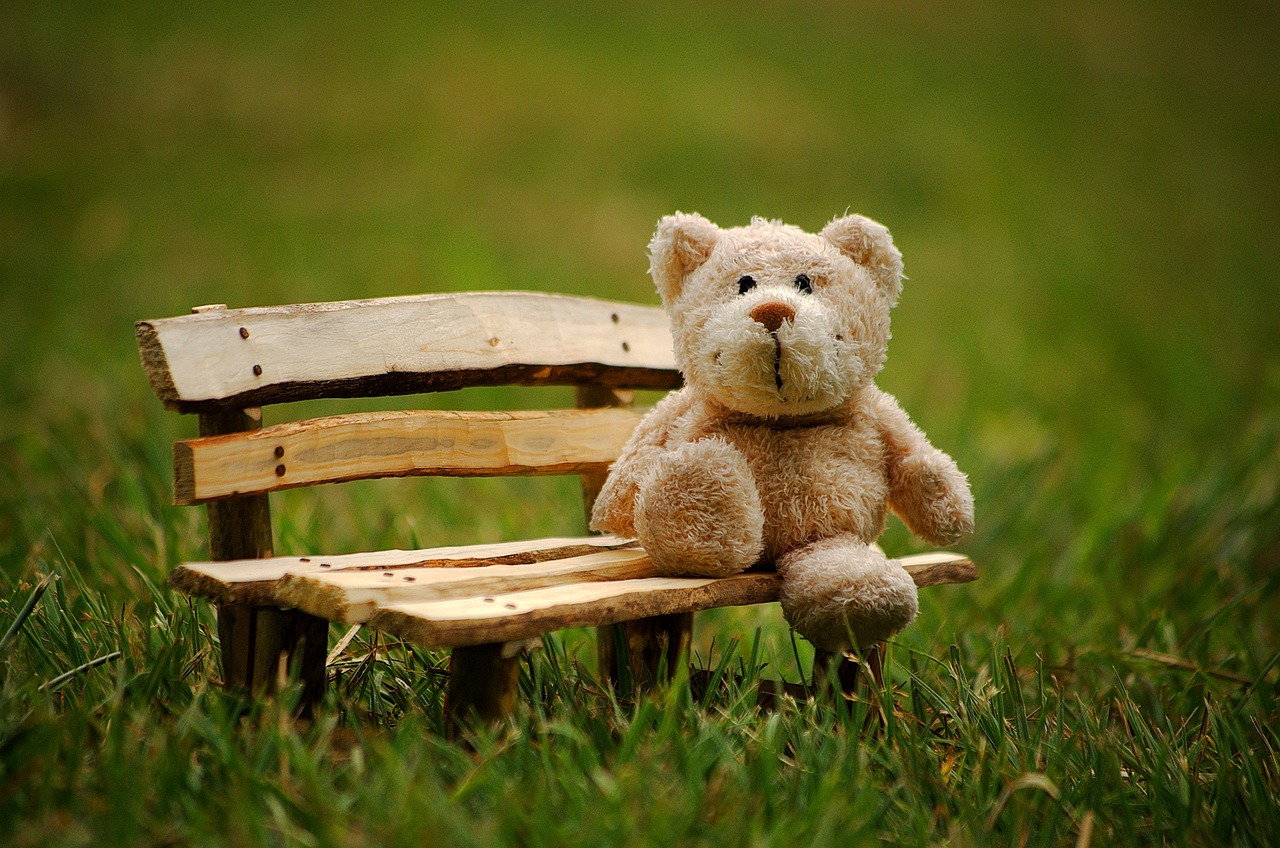I recall getting into a heated philosophical discussion with my roommate over why I couldn’t get into a scifi show he was binging. The premise: a litany of sexy ladies in skimpy space outfits and other human characters float through space on a ship many years after Earth has been destroyed. Pretty standard, right?
Well, I was frustrated that there were fresh children in the mix. Why would someone create a child in such an uncertain–but certainly dystopian, the show made clear–future? My roomie argued in favor of human repopulation, something that had never occurred to me. I couldn’t grasp why survival of the human race was significant.
Granted, this example is incredibly specific (and fantastical), but I do see the sentiment of confusion or outright disdain for the concept of repopulation echoed amongst many of my childfree peers. Is it possible that younger generations are evolving away from the drive for species survival?
Don’t Shop, Adopt
Many in generation have no interest in rearing young, but not all are like me in their disdain for young humans. A common theme among my age group tends to be, “if/when I change my mind, I’ll adopt.” From the people that brought the “Don’t shop, adopt” slogan to the world of pet ownership, we now present you with a new ethos on parenthood: “Don’t breed when there’s someone in need.”
Despite my aversion to children as a whole, this is a viewpoint my husband and I also share. Why would we create another life when so many are suffering around us? In the event that our mutual dedication to a childfree existence wanes in our later years, it makes far more sense than to gamble on our own genetics out of some goofy belief that they are superior to what is already available. (They’re not.)
Rubber Baby Bumpers
To compound the diminishment of our procreative urge, we’re the first generation with a vast range of reliable birth control options, from every condom variation one could imagine to subdermal implants to increased safe abortion access to a lowered barrier for voluntary surgical sterilization.* Perhaps, because our generation is not as frequently thrust into /accidental/ parenthood, we aren’t forced to accept it like our parents and their parents were. We aren’t wedged into a corner of enjoying parenthood, with the likely alternative being public shame or jail time.
Our Parents’ Kids
Daily, I see new pieces from researches, journalists, and bloggers that declare Millennials aren’t having “enough” children. The comments are riddled with Boomers calling the younger generations selfish and Millennials wondering aloud how anyone could afford to raise children in the economy they left us. Many younger folk also focus on the dwindling health of society at large as the primary influence for their procreational abstinence, while inexplicably angry people their parents’ age threaten that one can never be fulfilled until they add a few branches onto the family tree. Not a glowing argument coming from a leather-skinned, white-haired walking typo.
That Will Change
One of the more common retorts I hear when someone from an older generation discovers that I am childfree is, “That will change when you have children.” And to be fair, they’re probably right. I didn’t know it was possible to love a dog as much as I love my dog, and I never could have known until I adopted him and built a life with him. So sure, if I were to give birth, I’d probably love and care for it like my world revolved around it–my life would change. My clothes wouldn’t fit the same, my financial situation would be drastically altered, my priorities would be different.
And if I were to eat fast food for breakfast, lunch, and dinner every day for nine months, I’d probably come out on the other end much unhealthier–my life would change. My clothes wouldn’t fit the same, my financial situation would be drastically altered, my priorities would be different.
And if I were to start doing heroin every day, after nine months I’d probably be quite a different person–my life would change. My clothes wouldn’t fit the same, my financial situation would be drastically altered, my priorities would be different.
“That will change when you __” is a fairly redundant statement when discussing a life-altering decision and nine months of gestation, whether it be a pregnancy or an addiction. Of course life would change.
The point is that I’m not going to let it change. And I’m not alone.
*Without distracting from the topic, I’d like to acknowledge that access to these options is vitally inefficient and must be addressed–but that’s not the point of this piece and I’d ramble for a month on that subject.
